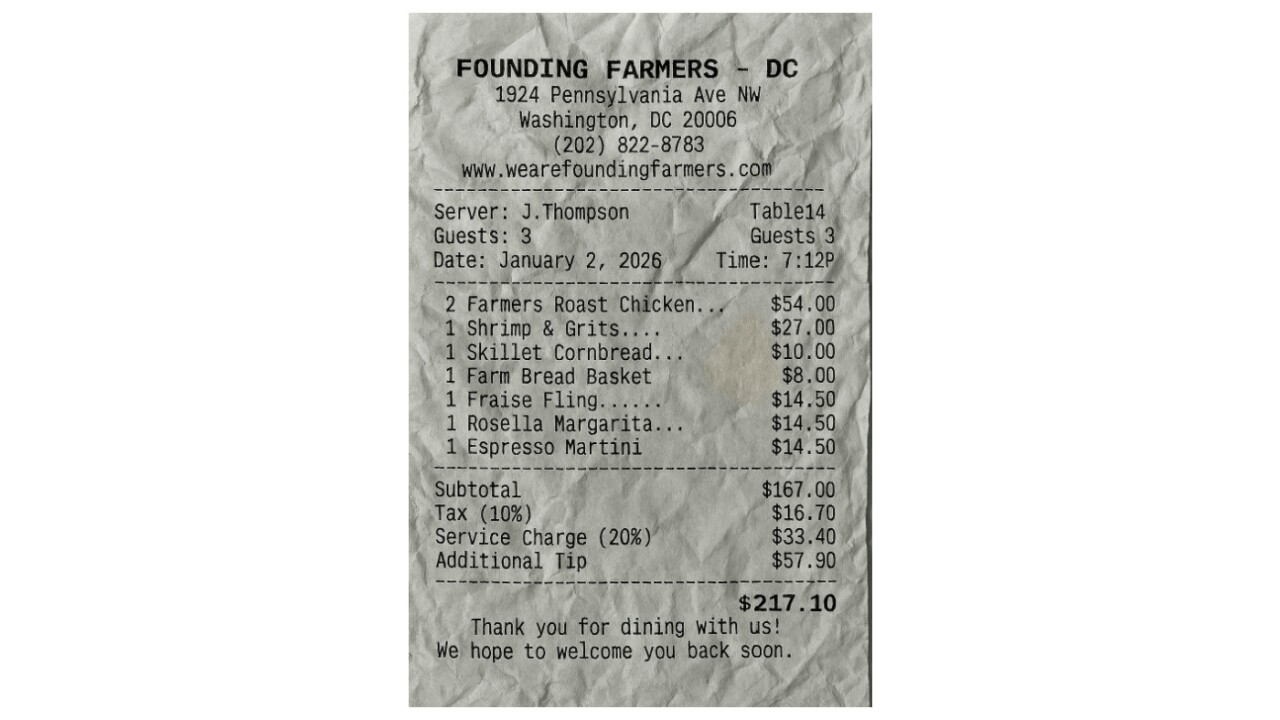WASHINGTON -- The White House and Congress locked horns over the highway bill yesterday as the Senate prepared to pass a $110 billion measure despite administration veto threats prompted by the measure's funding features.
The Senate began debating its version of the highway bill yesterday, and Sen. Daniel Patrick Moynihan, D-N.Y., the bill's chief sponsor, said he expected it to complete action by Friday, despite the increasing objections being raised by the Bush administration and some congressional Republicans.
Transportation Secretary Samuel Skinner for several days in behind-the-scenes communications has raised veto threats over such key features of the $89 billion highway portion of the bill as its proposal to provide an 80% share of federal funding for infrastructure maintenance and replacement projects, which is well above the 60% to 75% share recommended by the administration.
His warnings were expected to be reinforced late yesterday by an official statement from the Office of Management and Budget enumerating objections to the funding and other provisions that would result in a veto recommendation by the President's top advisers, an OMB spokesman said.
The confrontation over the funding issue has implications for the bond market because it will heavily influence how states finance infrastructure projects in the future. The National Governors' Association and other state and local lobbying groups have generally supported the Senate's more liberal policy and have strongly objected to the administration's proposed cuts in the federal funding share, saying it would stretch local resources to the breaking point.
Secretary Skinner has also raised the funding issue in connection with a $21 billion mass transit authorization measure that the Senate is expected to attach to the highway portion of the bill in its deliberations this week.
Like the highway legislation, the mass transit amendment drafted by the Senate Banking Committee last week would retain the current federal funding share of 80% for capital projects to replace or maintain existing infrastructure, with a somewhat lower, 75% share for new capital construction projects. The administration had recommended lowering the federal share for mass transit to 60%.
In a June 6 letter to committee sponsors, Mr. Skinner cited the differences on funding shares as a principal reason for vetoing the Senate measure and also raised concerns about the measure's proposal to increase transit spending by 31% over the $16.3 billion level recommended by the White House.
During the opening hours of debate on the Senate measure yesterday Senate leaders sought to avert a filibuster by 17 senators from so-called donor states that contribute more gas tax revenues to the highway trust fund than they receive in grants.
The filibuster has been threatening to hold up passage of the highway bill, but Sen. Moynihan said he and other leaders have been "tirelessly tinkering" with the bill's state allocation formula and expect to reach a compromise with donor state senators soon to avoid a prolonged confrontation. Any change in the allocation formula is expected to give the donor states something closer to 100% of their gas tax contributions.
In taking a more confrontational posute yesterday, the White House also made an issue of Congress' failure to pass the bill by the 100-day deadline that the President laid out when he submitted his highway legislation in February. While the Senate is close to completing action by the Friday deadline, the House has not yet started moving on its bill.
White House press secretary Marlin Fitzwater said the President would mark the deadline in a speech this evening on his domestic initiatives.
However, Senate Majority Leader George Mitchell, D-Maine, said the deadline has "no legal basis" and was made "only for political purposes." Sen. Thomas Daschle, DS.D., said "the President is throwing down the gauntlet for nothing. It's pure politics."





